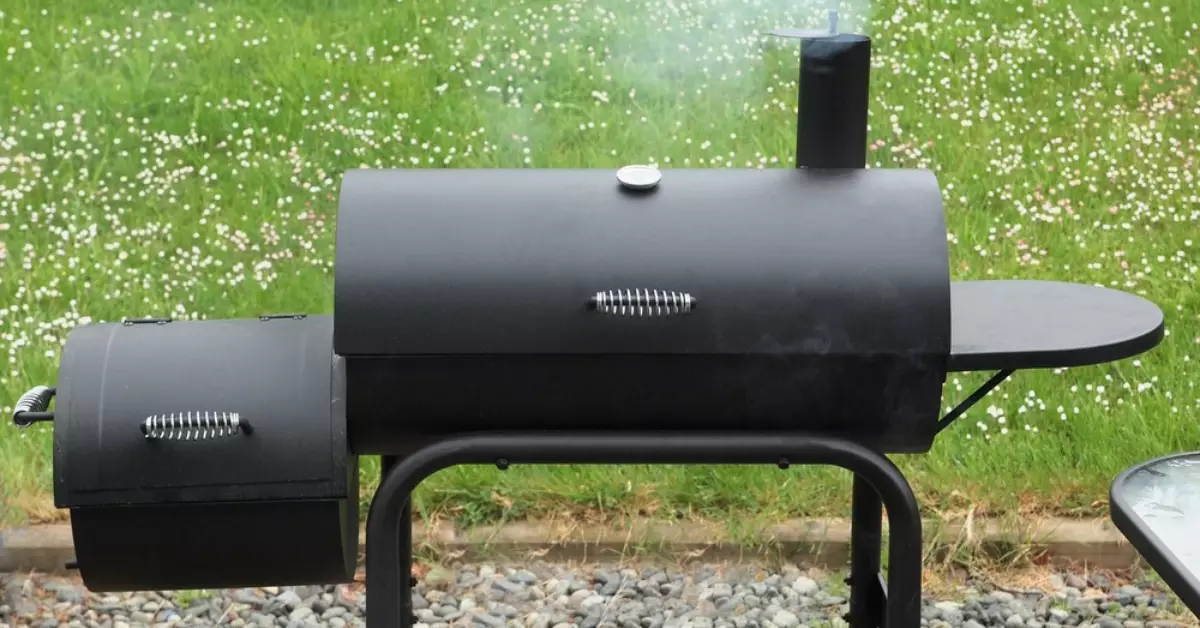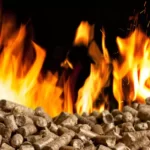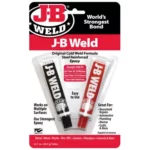Offset smokers are a popular choice among barbecue enthusiasts for their ability to deliver that authentic, smoky flavor we all love. These smokers, also known as horizontal or pipe smokers, have a separate firebox attached to the cooking chamber which allows for direct or indirect cooking. The thickness of the smoker plays a significant role in its overall performance and durability.
The thickness of an offset smoker directly affects how it retains heat and withstands weather conditions. Generally, the thicker the smoker, the better it retains heat and the more robust it is. This directly affects the quality of your cooking, the longevity of your equipment, and ultimately, your overall smoking experience.
The quest for the perfect thickness for an offset smoker is not just about the heat retention and durability. It also involves factors like your cooking style, frequency of use, and even the climate in which you live. Each of these factors uniquely contributes to determining the ideal thickness for an offset smoker.
Thickness: A Key Determinant of Smoker Performance
Effect of Thickness on Heat Retention
Heat retention is a critical aspect of smoking meat, and the thickness of the smoker plays a crucial role in this. A thicker smoker can retain heat better due to its increased insulation properties. This allows for a more consistent temperature inside the smoker, leading to evenly cooked, tender, and flavorful meat.
Impact of Thickness on Durability
Offset smokers are a considerable investment. The thicker the smoker’s walls, the more durable it tends to be. Thicker smokers are generally made from higher quality materials, increasing their resistance to wear and tear, rust, and even the potential warping from high temperatures.
Ideal Thickness for Offset Smokers
Common Thickness Measurements
The thickness of offset smokers typically ranges between 1/4 inch to 1/2 inch. A 1/4 inch thickness is considered adequate for most casual users. However, for those living in colder climates or intending to use their smoker frequently, a 1/2 inch thickness might be a better choice due to its superior heat retention and durability.
Balance Between Efficiency and Practicality
While a thicker smoker provides better performance, it’s also important to consider practical aspects such as weight and cost. Thicker smokers are heavier, making them less portable. They’re also more expensive. Thus, it’s essential to strike a balance between thickness and practicality based on individual needs and preferences.
Factors to Consider when Choosing Thickness
Climate and Weather Conditions
The climate where you live should significantly influence your decision. In colder climates, a thicker smoker is preferable due to its better heat retention capabilities.
Frequency of Use
How often you plan to use your smoker should also guide your choice. Frequent use requires a smoker with higher durability, and hence, a thicker body.
Cooking Style and Preferences
Your cooking style and preferences matter too. If you like slow-cooking your meat at a consistent temperature, a thicker smoker would be a good choice.
Pros and Cons of Thick Offset Smokers
Benefits of a Thick Smoker
- Superior heat retention for consistent cooking
- Increased durability
- Resistance to wear and tear
Downsides to Consider
- Higher cost
- Increased weight, reducing portability
Comparing Offset Smoker Thickness: Case Examples
There are numerous brands and models of offset smokers available in the market, each with different thicknesses. For instance, a classic model like the Oklahoma Joe’s Highland Offset Smoker has a 1/4 inch thickness, suitable for most users. On the other hand, a premium model like the Lang 36″ Patio Smoker has a thickness of 1/2 inch, catering to professional chefs or serious smoking enthusiasts.
Practical Tips for Maintaining Offset Smokers
Regardless of the thickness of your offset smoker, proper maintenance is crucial for its longevity. Here are a few tips:
- Regularly clean your smoker after each use.
- Season the smoker to protect it from rust.
- Use a cover to protect your smoker from harsh weather conditions.
Frequently Asked Questions
What is the advantage of a thicker offset smoker?
A thicker offset smoker provides better heat retention, ensuring consistent cooking. It’s also more durable and resistant to wear and tear.
Is a thicker offset smoker always better?
Not necessarily. While a thicker smoker has certain advantages, it’s also heavier and more expensive. Your decision should be based on your needs, preferences, and practical considerations.
How much does thickness affect the price of an offset smoker?
Thicker offset smokers tend to be more expensive due to the higher quality of materials used. However, factors like brand, size, and additional features also affect the price.
Conclusion
The thickness of an offset smoker plays a vital role in its performance and durability. While a thicker smoker offers better heat retention and longevity, practical considerations like weight and cost should not be overlooked.
Choosing the right thickness for your offset smoker is not a one-size-fits-all decision. It should be based on a careful consideration of several factors, including your climate, frequency of use, cooking style, and budget.
So, the next time you’re on the hunt for the perfect offset smoker, remember the importance of thickness. It’s one of the critical factors that can make or break your smoking experience. Happy smoking!







